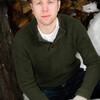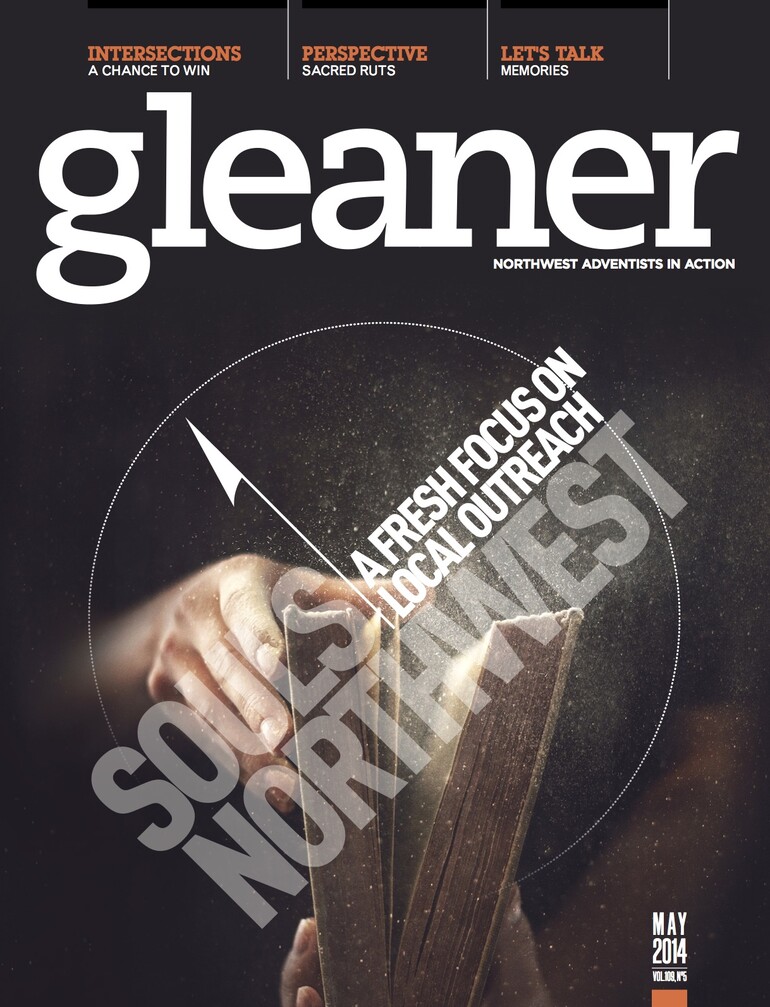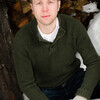Several years ago I was at an International Fair hosted by the local community college where diverse groups manned booths in order to inform, convert, sell to or — in the case of the booth where I spent the most time — feed people. I had just finished an ice cream bar when I was asked to hand out flyers promoting upcoming revival meetings at our church to those running the booths.
As I made my way around the circle of booths on the college lawn reactions were mixed. Some gladly took the flyers and listened while others avoided them and sent me body language resembling a threatened porcupine. But the most interesting person I encountered was a stout gentleman with a long white beard who could have resembled Santa Claus had he not worn a scowl that would have frightened Medusa. Snatching the flyer he listened momentarily before speaking.
"I only believe in the Bible," he said — thinking he had warded me off making his way back around his booth.
"So do we," I replied. He turned and looked at me sharply.
"That's what they all say. You know I went to Catholic school for years — I am a bit of a theologian."
"I'm a seminary student."
This intrigued him, and what followed were theological arguments as easy to understand as upside-down algorithms in Acadian.
"Have you ever read the story of Jeryy ... uh ... Jerca ... um ...?"
"Jericho?"
"Yeah, that one. You know Hitler only wanted Jews dead, but God wanted everyone destroyed — makes Hitler look good doesn't it?" Before I could respond he continued, "I'm an agnostic."
"And you believe in the Bible?"
"Ever heard of the Thomas Jefferson Bible? Well, he read the Old Testament and didn't like the God he found there — and neither do I. I only read the New Testament." Once again he saw I was going to comment and kept talking. "You know those words in red? The words of Jesus?"
"Yeah."
"Well, those are the only words I live by." He smiled, proud of himself, and allowed me time to respond. I thought carefully.
First he claimed the Bible — a book demonstrating God is active and knowable through Jesus Christ. Then he claimed agnosticism — a belief stating it's impossible to know God. Finally, he claimed the words of Jesus and denied half the Bible. And it is in the words of Jesus that I confronted his inconsistencies.
"What happens when the words in red quote the Old Testament?"
His face contorted with anger. "To heck with the Old Testament!" And he stormed off — a man whose claims were destroyed by his inconsistency. He was no theologian. And while it would have felt good to do a victory dance full of self-righteous spinning and pirouettes of piety, I wondered if people who profess Christianity fall into the same trap.
We tell each other "I'll pray for you," but how many of us actually do? We claim to follow a loving God, and yet how do we respond to those around us — including telemarketers, Republicans, Democrats and anyone else with whom we might disagree? We bask in the forgiveness that Christ promises, but do we extend that same forgiveness to those who cut us off, flip us off, tick us off and write us off?
Jesus says (quoting the Old Testament nonetheless) that people who were professing faith while He was on Earth "honor me with their lips, but their hearts are far from me" (Matt. 15:8, NIV). There was no consistency, resulting in the professed spiritual leaders destroying their ability to reveal the love of God.
One text that offers help in eliminating our inconsistencies says, "Study to show thyself approved unto God ..." (2 Tim. 3:16, KJV). This study needs to happen in two ways. First make a list of all the claims you make in life and study them to see if they match your behavior. Second, study your claims. If someone were to ask about your beliefs, could you defend them? When you do find discrepancies, and you will, remember, God loves you and has promised forgiveness (1 John 1:9). Trust in Him, study what you claim — and by His grace you'll be a consistent light in a dark world.










